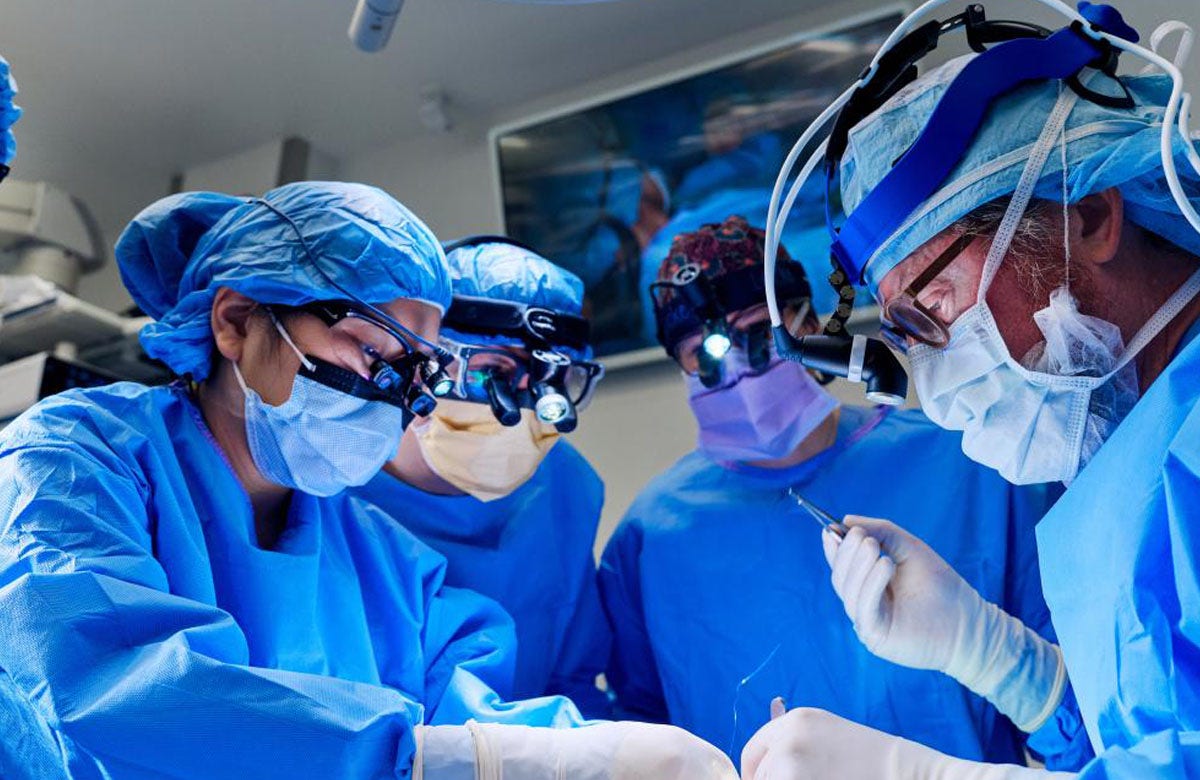Woman receives pig kidney transplant, walks out of hospital days later

An Alabama woman has made medical history by successfully receiving a gene-edited pig kidney transplant at NYU Langone Health. This groundbreaking procedure marks the seventh pig organ transplant completed by NYU Langone surgeons, demonstrating the hospital’s commitment to pushing the boundaries of transplant medicine.
Towana Looney, a 53-year-old woman, defied all odds by walking out of the hospital just a few days after the surgery. In a press conference, she expressed her overwhelming joy and gratitude for the second chance at life that the transplant has given her. Looney, who had previously donated a kidney to her mother 25 years ago, faced kidney failure due to a rare complication during pregnancy. Her journey to receiving a pig kidney transplant serves as a beacon of hope for those on dialysis, showing that there are alternative options for organ transplantation.
Dr. Marc Siegel, Fox News senior medical analyst and NYU Langone clinical professor of medicine, emphasized the significance of this milestone in transplant medicine. With a shortage of organ donors, innovative approaches such as xenotransplantation – using organs from other species – are crucial in addressing the growing demand for organ transplants. Siegel commended Looney for her resilience and determination to reclaim a normal life, highlighting her selfless act of donating her kidney to her mother as a testament to her character.
Dr. Robert Montgomery, Director of the NYU Langone Transplant Institute, praised Looney as a hero and a pioneer in transplantation medicine. Having undergone a heart transplant himself, Montgomery understands the challenges of waiting for a donated organ and the urgent need for alternative sources of organs. He believes that Looney’s experience will revolutionize the field of transplantation and inspire others to explore innovative solutions for organ scarcity.
The success of the pig kidney transplant at NYU Langone is attributed to the genetic modifications made to the organ, which enabled Looney to walk out of the hospital post-surgery. Moving forward, the focus will be on addressing potential immune system rejections to ensure the long-term viability of the transplant. This breakthrough paves the way for future advancements in xenotransplantation, offering hope to the thousands of individuals awaiting organ transplants each year.
As the medical community continues to explore new frontiers in transplant medicine, the possibility of bio-engineered organs remains a distant prospect. However, xenotransplantation presents a tangible solution to the pressing need for organ donors, with the potential to extend beyond kidney transplants to include hearts and livers. The future of organ transplantation is bright, thanks to the pioneering efforts of individuals like Towana Looney and the dedicated medical team at NYU Langone Health.




